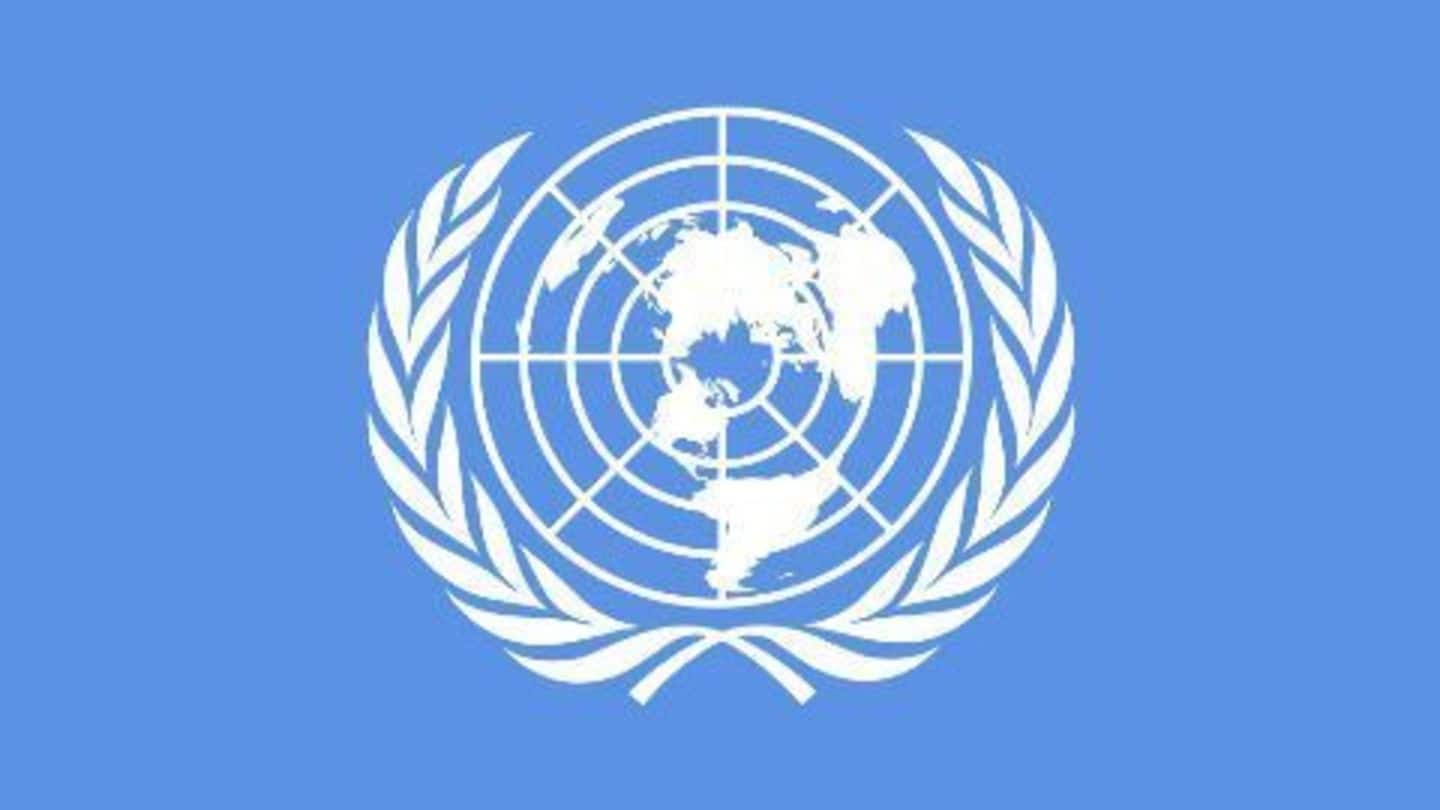
India dismayed at UN Security Council's lack of transparency
What's the story
Calling the UN Security Council ineffective, India expressed dismay at the Council's lack of accountability and transparency in mandating peacekeeping operations.
At the debate on peacekeeping operations, India's Asoke Mukerji said that the human costs of this "failing" by Council are evident in the rising casualties among peacekeepers and civilians.
Mukerji called for prioritising an early reform of Security Council during the current session.
About
The UN Security Council
The UN Charter established six main organs of the United Nations, including the Security Council.
The charter gives primary responsibility of maintaining international peace and security to the Security Council, which may meet whenever peace is threatened.
The Security Council has 15 members - 5 permanent members with veto power and 10 non-permanent members elected by the General Assembly for a two-year term.
Information
Current members of the Security Council
Apart from the five permanent members- China, France, Russian Federation, the United Kingdom, and the United States, the ten current non-permanent members include : Angola, Chad, Chile, Jordan, Lithuania, Malaysia, New Zealand, Nigeria, Spain and Venezuela.
Peacekeeping
Peacekeeping by the Security Council
The Security Council responds to crises around the world on a case-by-case basis. It establishes a peacekeeping operation by adopting a Security Council resolution.
UN Peacekeepers provide security, peacebuilding support to help countries transition from conflict to peace.
Nowadays, peacekeeping operations are established not only to maintain peace, but also to facilitate political process, assist in disarmament, protect and promote human rights, etc.
Peacekeepers
Who provides UN Peacekeepers?
The UN has no standing army or police force of its own, and hence the member States are asked to contribute military and police personnel required for each operation.
Peacekeepers wear their countries' uniform and are identified as UN Peacekeepers by a UN blue helmet or beret and a badge.
Bangladesh, with 9,432 personnel is the largest contributor to the UN peacekeeping operations.
Data
India's contribution of UN Peacekeepers
India is the largest overall troop contributor to UN peace operations, with over 185,000 troops that have served in 48 of the 69 UN missions. India currently has 7,794 personnel under UN's blue flag.
31 Oct 2014
High level independent panel on peace operations
UN Secretary-General Ban Ki-moon established a High-level Independent Panel on UN Peace Operations (HIPPO) on 31 October 2014.
The panel was set up to make a comprehensive assessment of the current state of UN peace operations and the emerging needs of the future.
The 16-member panel chaired by Mr. Jose Ramos-Horta from Timor Leste, also included Abhijit Guha, a retired Indian lieutenant general.
Information
Panel submits report
High-level Independent Panel on UN Peace Operations submitted its report to the Secretary-General on 16 June 2015. The panel considered a broad range of issues facing peace operations, including the changing nature of conflict, human rights and protection of civilians, etc.
13 Oct 2015
UN General Assembly discusses HIPPO
The ongoing 70th session of UN General Assembly, was centered on Ban Ki-Moon's report on implementing the recommendations of the High Level Independent Panel on Peace Operations (HIPPO).
The report which recommended sustained dialogue between Council, Secretariat and troop contributors for the mandate and conduct of a peace operation was welcomed and endorsed by India's Permanent Representative to the UN, Asoke Mukerji.
13 Oct 2015
Immediate action required to reform Peace Operations
UN Secretary-General Ban Ki-Moon urged immediate action to strengthen the peace operations.
He told the UN General Assembly that it is essential to act now and "not wait, as in the past, for crisis or tragedy to propel reform."
The Secretary-General cited his HIPPO implementation report which called on the Assembly and the Security Council to consider a number of recommendations for reforms.